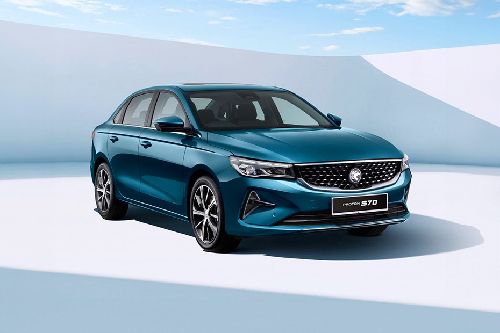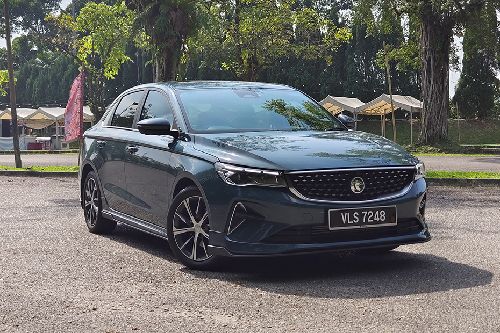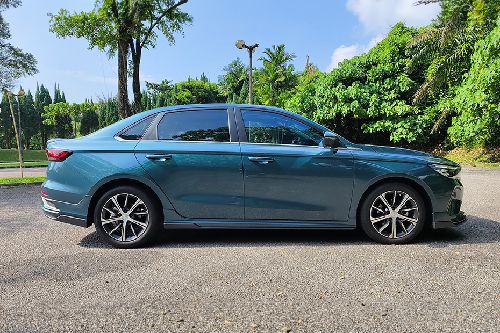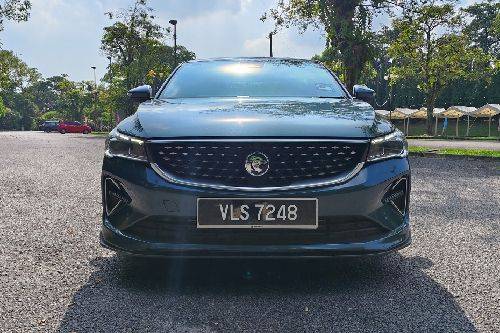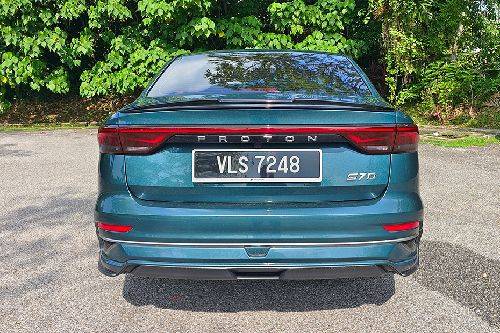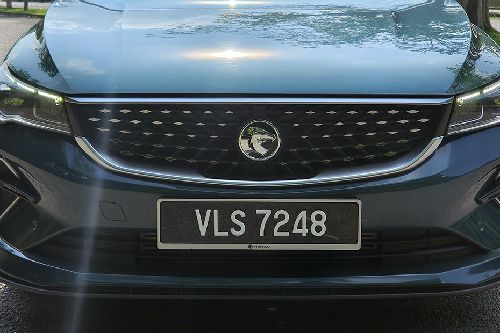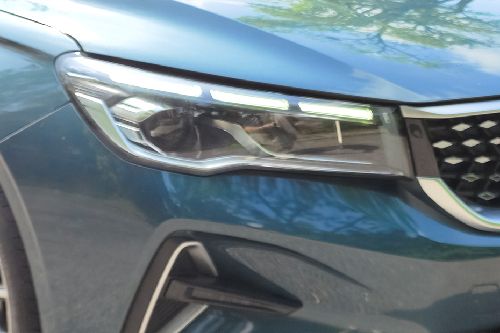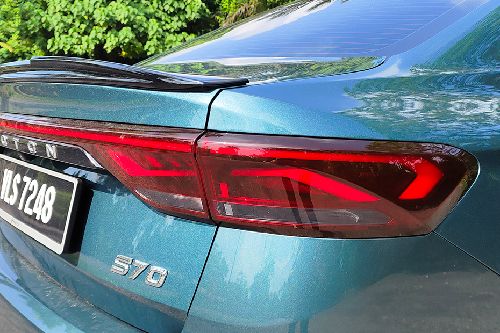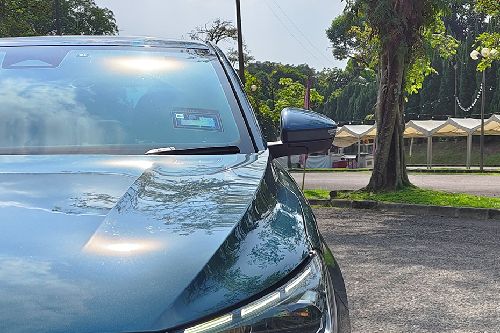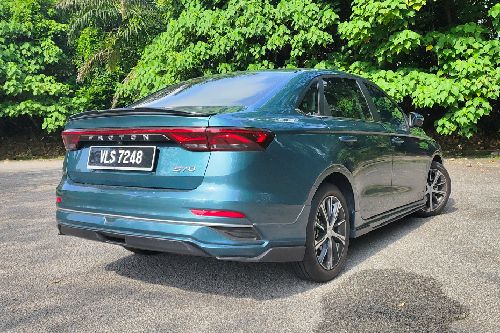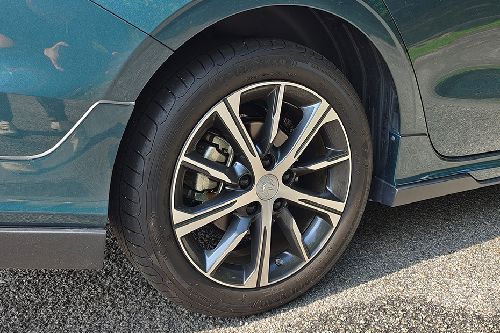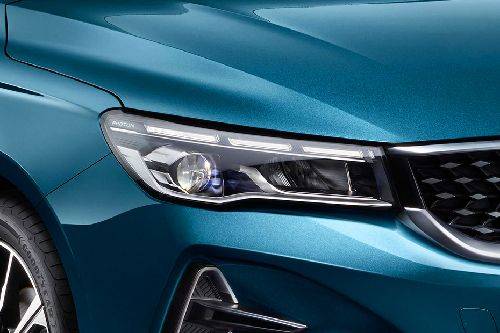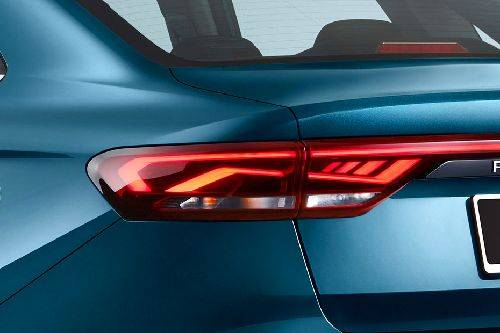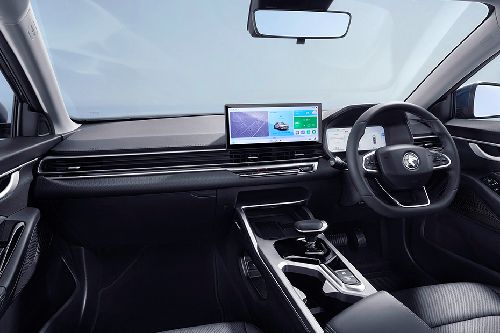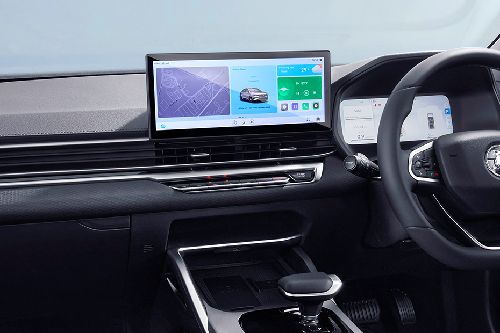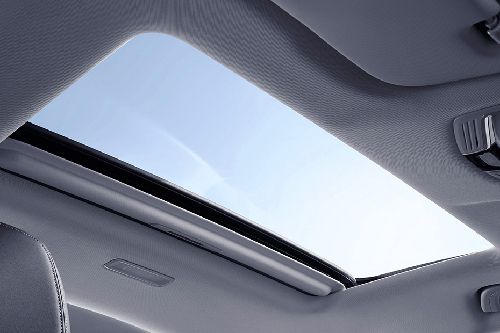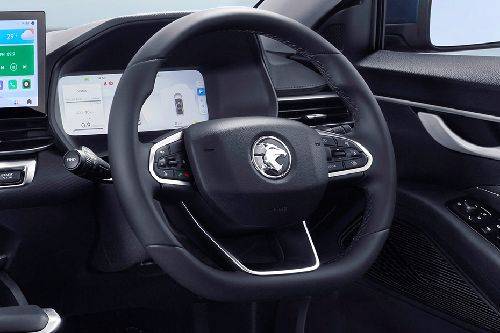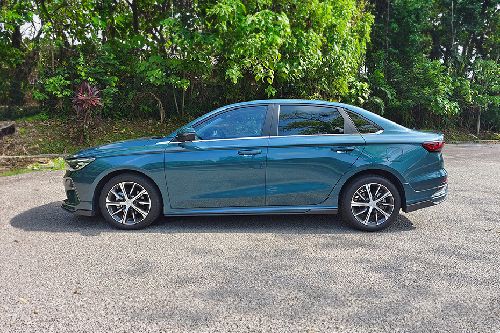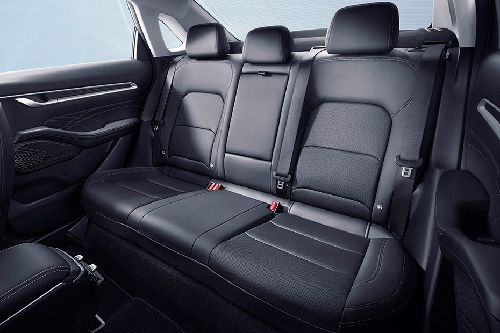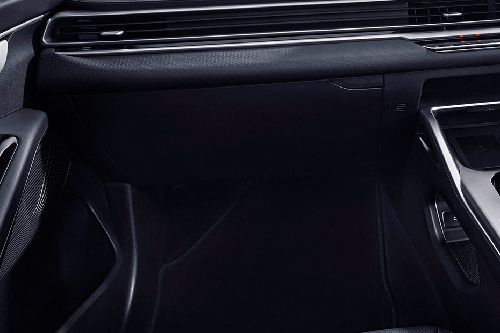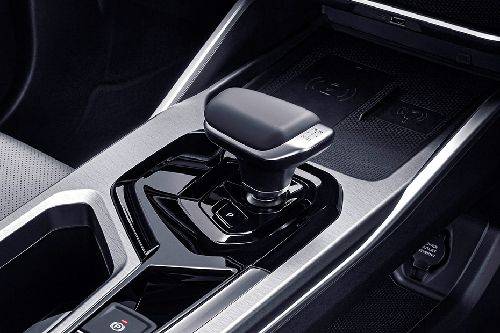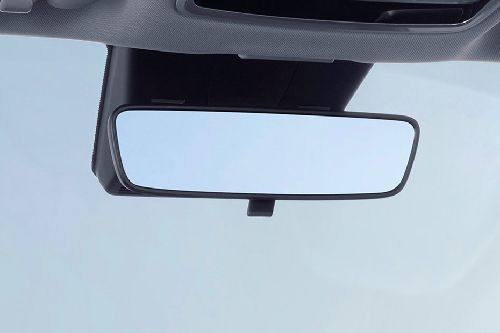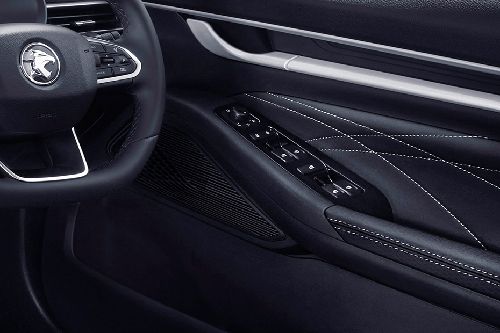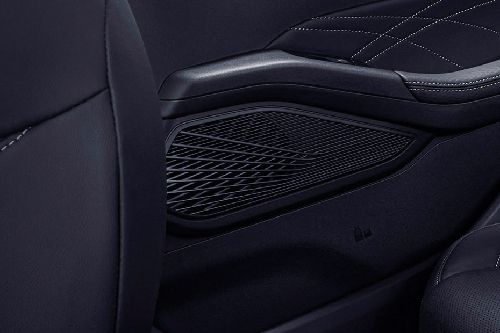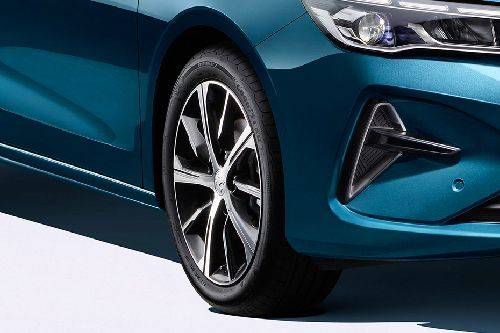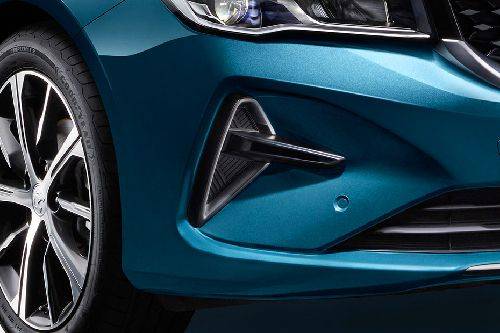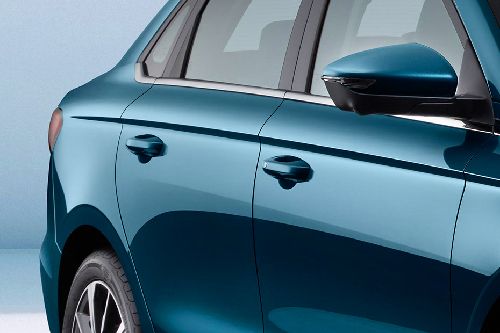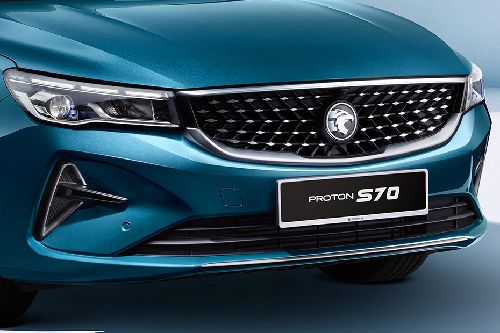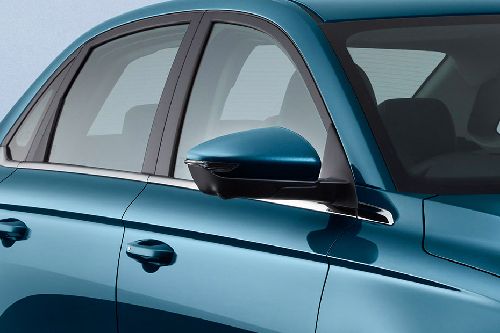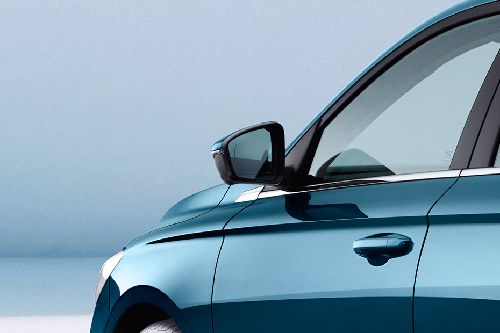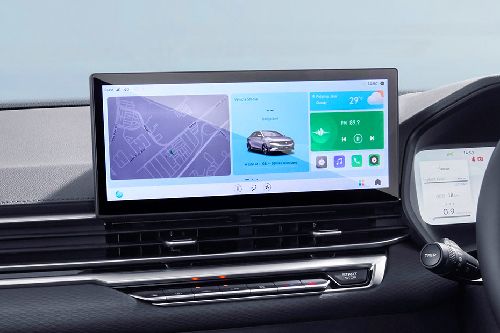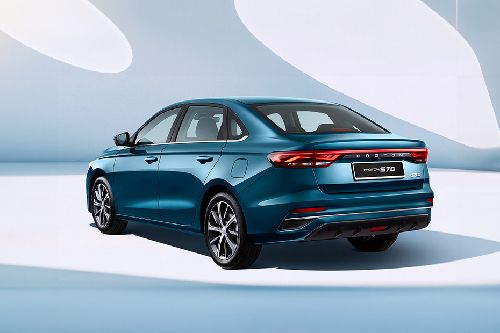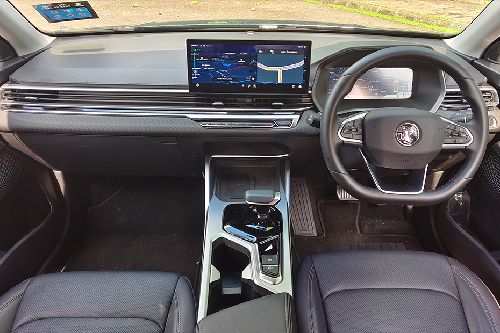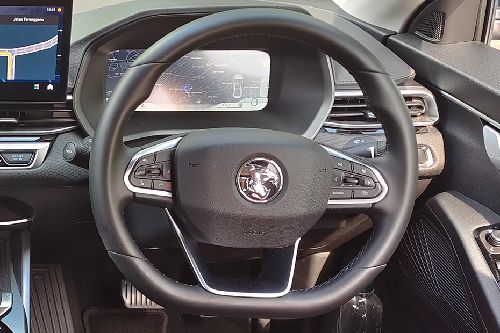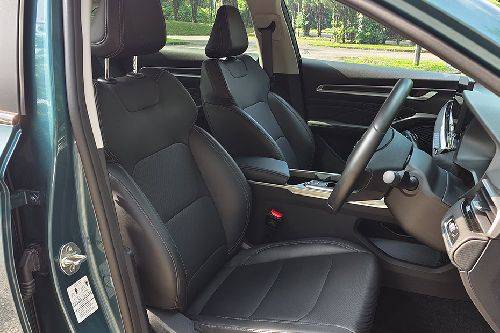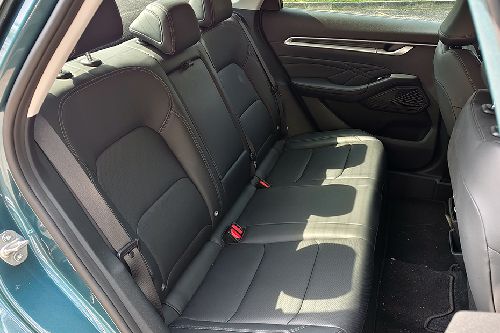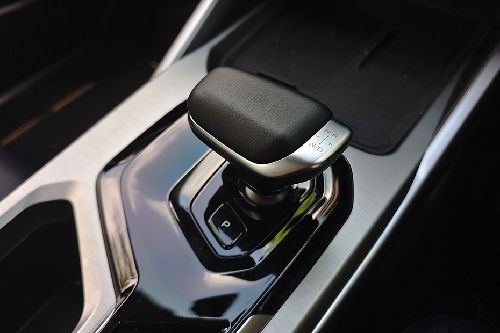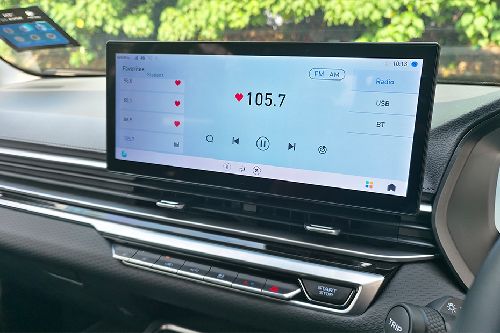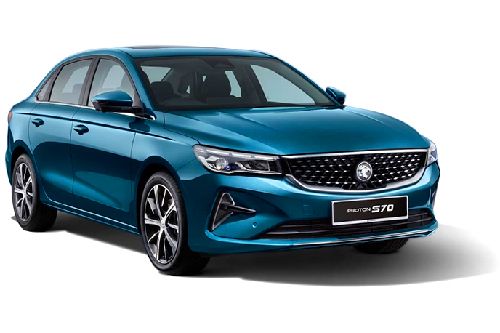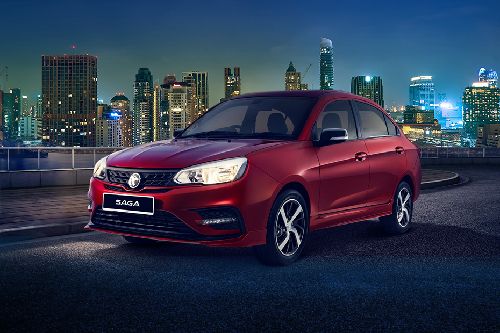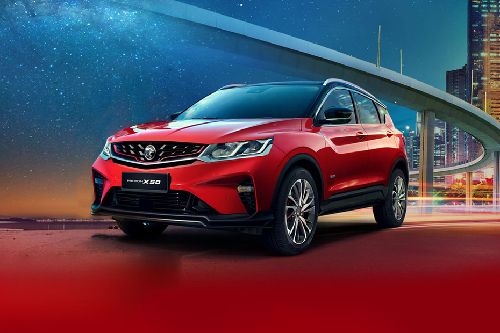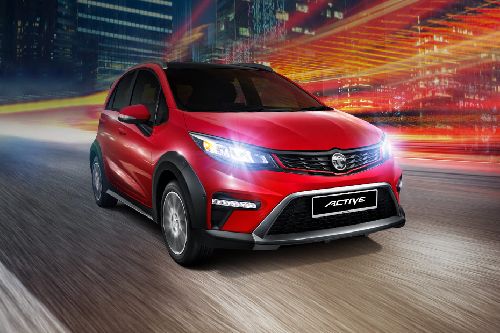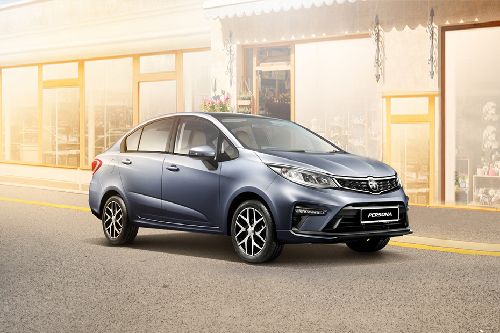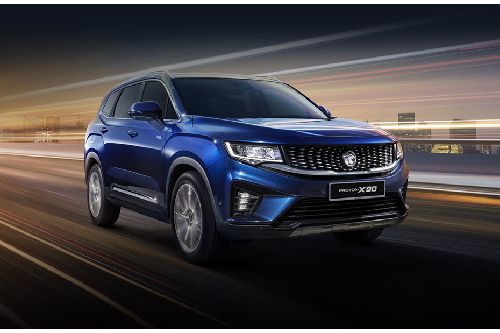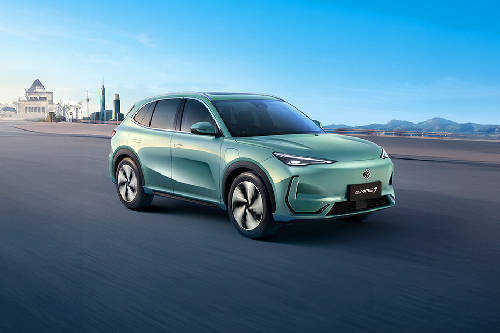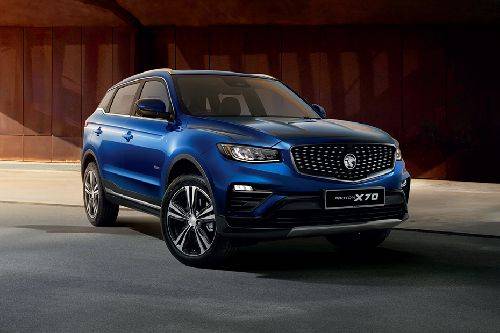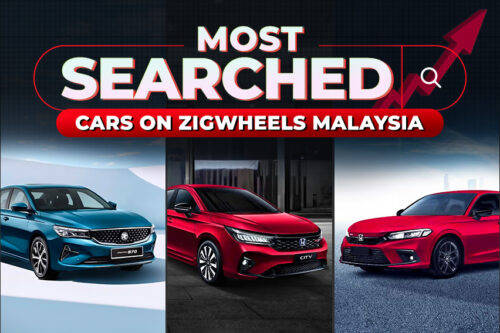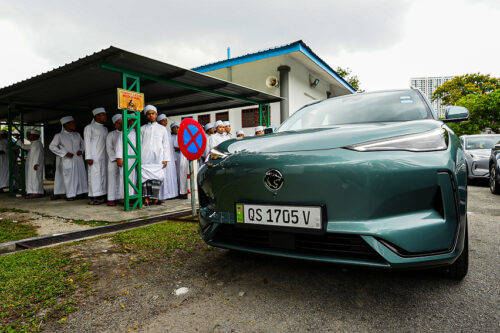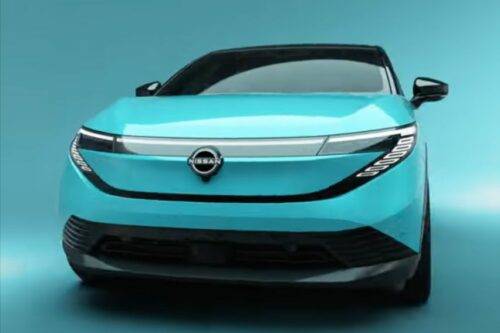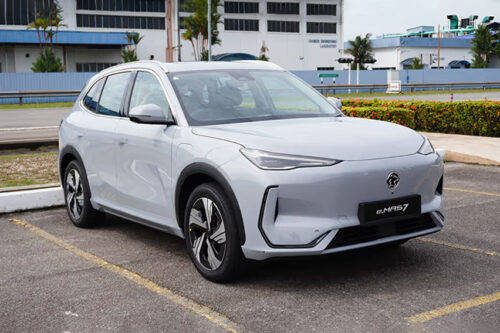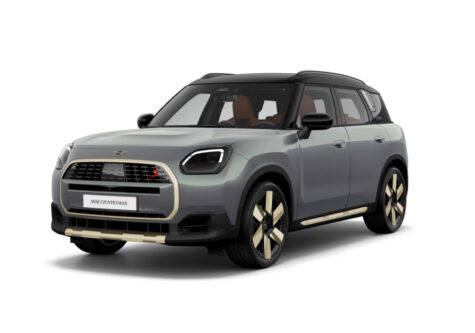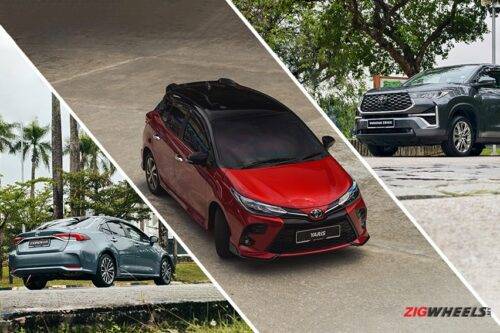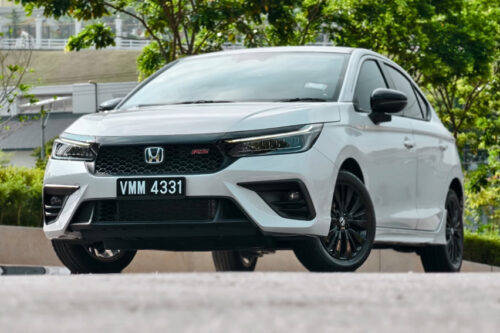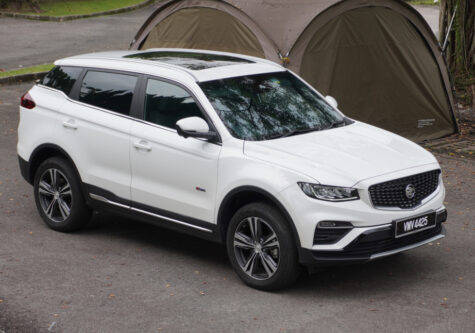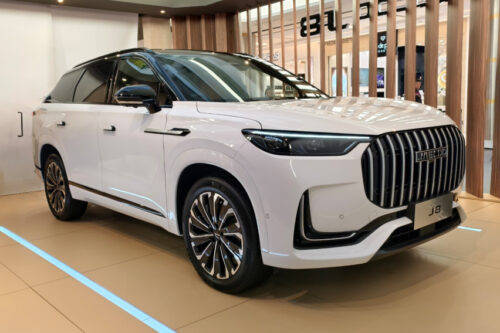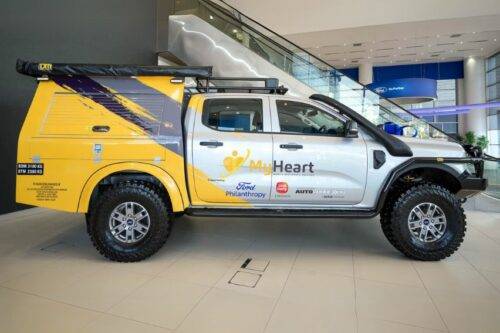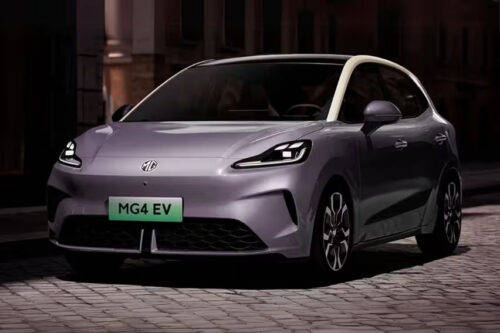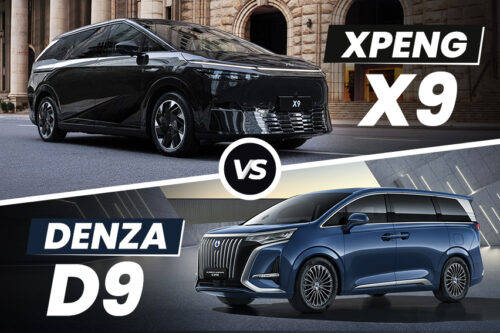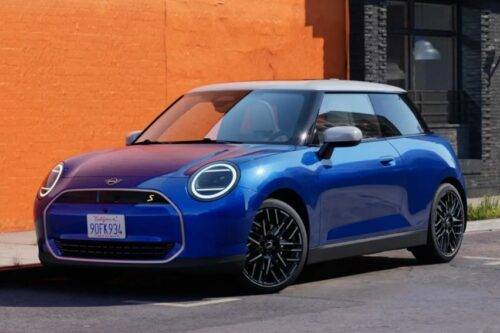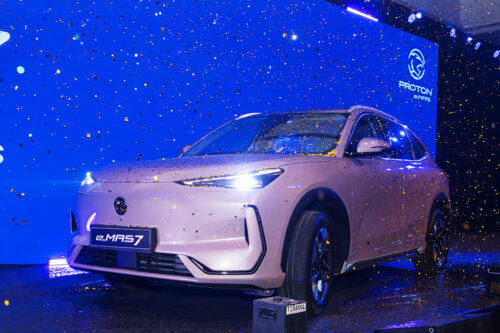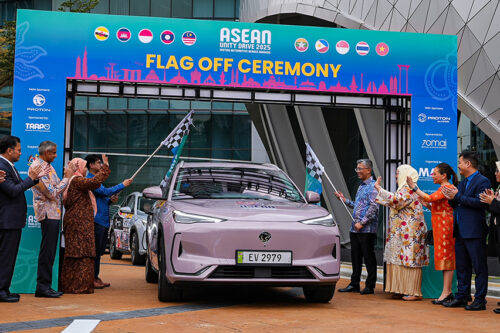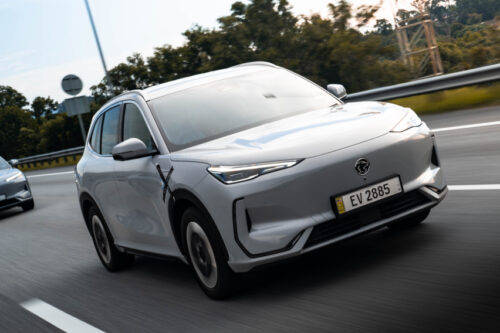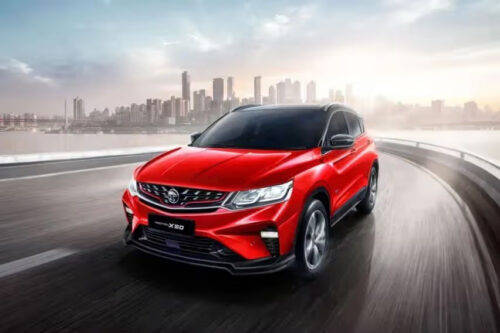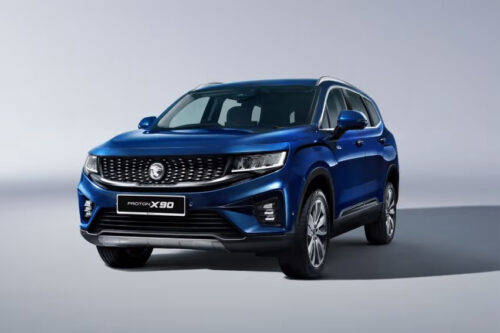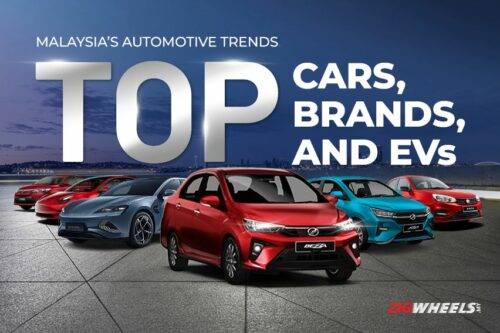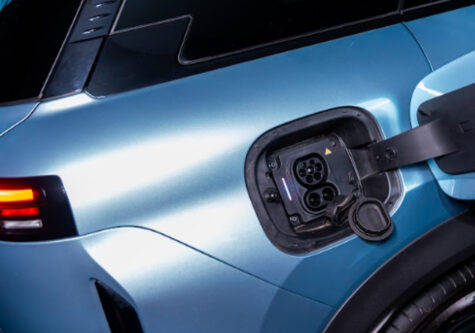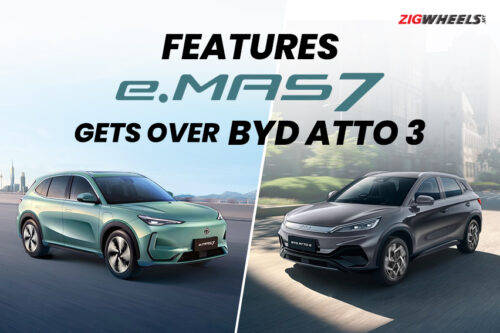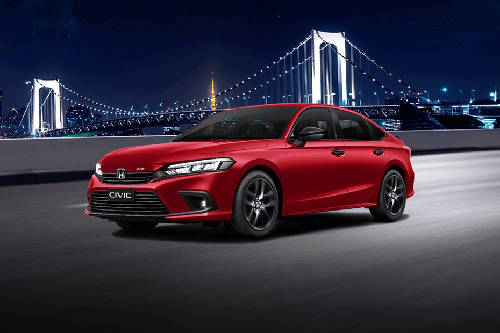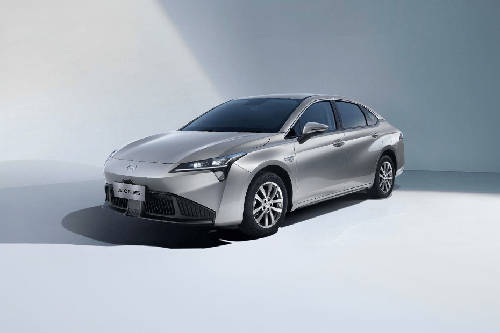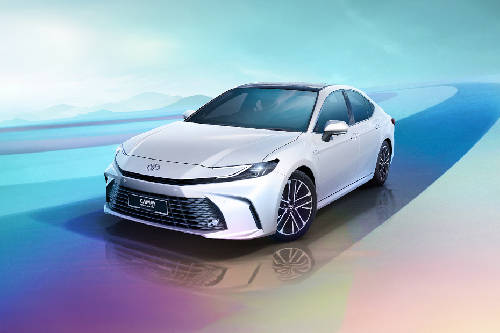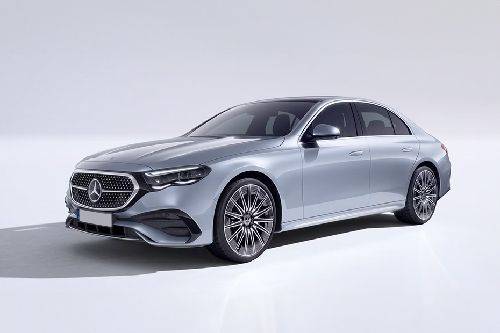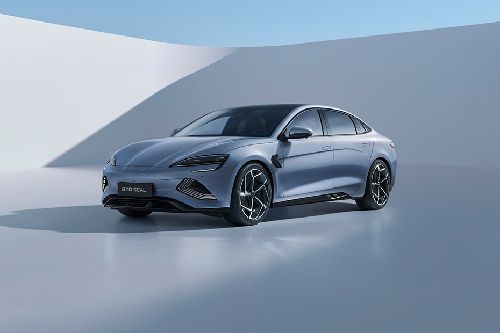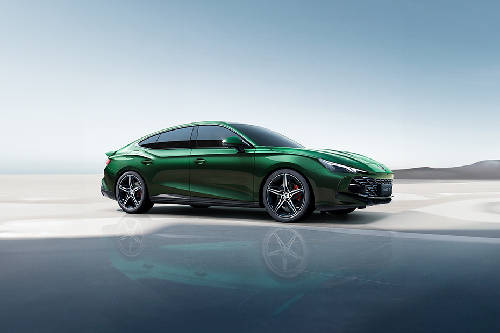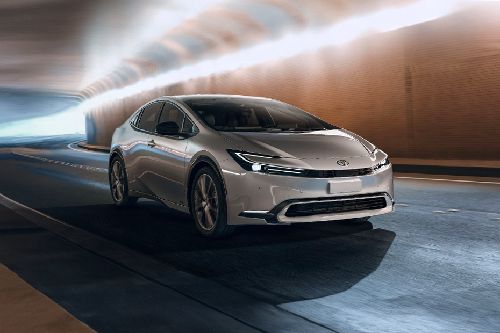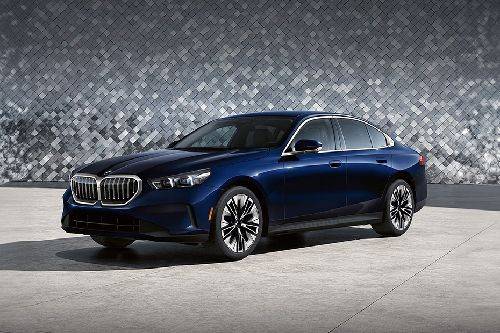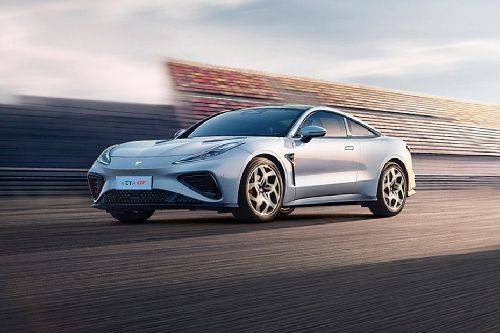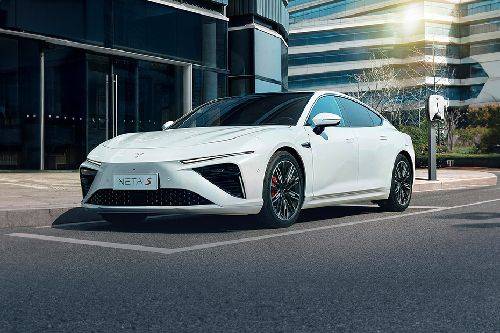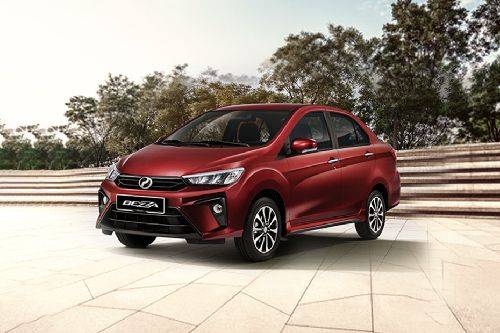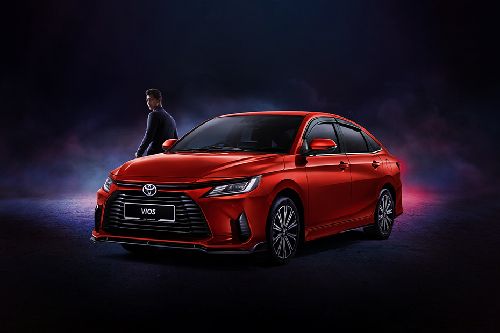Proton S70 vs Honda City & Toyota Vios: Finding out the better sedan
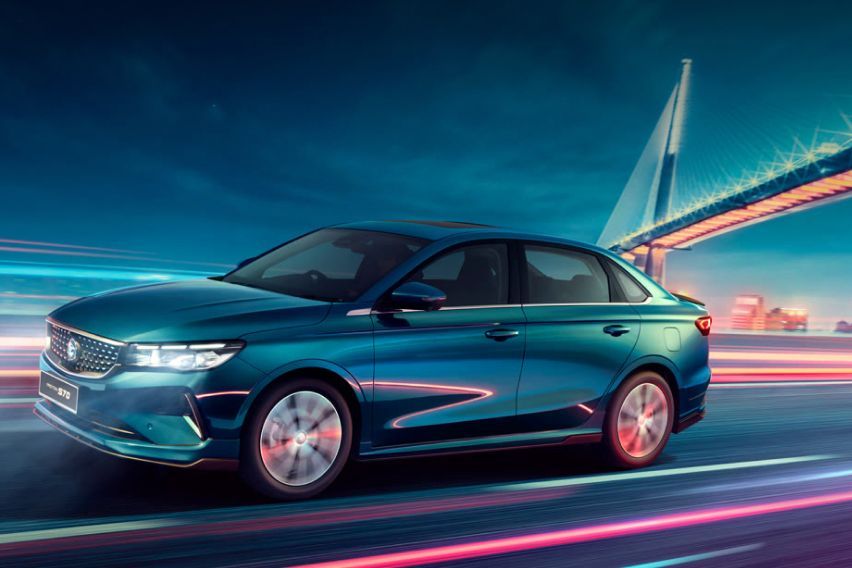
The Proton S70 is a car that needs no introduction. Launched in late November 2023, the car has over 8,000 bookings with 1,442 units already delivered in January. While these numbers suggest the sedan market popularity, the fact that Proton VP of Sales Edmund Lim expected the sedan to outsell the X50, shows Proton’s immense faith, especially after knowing how popular the SUV is in Malaysia.
KEY TAKEAWAYS
How much does the Proton S70 cost?
The Proton S70 offers four variant options - Executive for RM 73,800, Premium for RM 79,800, Flagship for RM 89,800, and Flagship X for RM 94,800.What powers the Proton S70?
Powering the S70 sedan is a turbo engine and not the standard Emgrand’s 1.5L NA unit.The all-new S70 is in fact cheaper than the X50 SUV and is priced directly against the ultra-popular B-segment sedans like the Honda City and Toyota Vios. Coincidentally both these cars are from Japanese automakers, thus making the comparison more interesting. As of now it’s national auto maker Proton vs. Japanese automakers (Honda & Toyota).
So, let’s get started and find out the best buy amongst the three sedans, the S70, City, and Vios.
Price & Variants
Proton S70: The Proton S70 offers four variant options - Executive for RM 73,800, Premium for RM 79,800, Flagship for RM 89,800, and Flagship X for RM 94,800.
Honda City: The B-segment is offered in five variant options, one hybrid and the rest non-hybrid. The non-hybrid options include S, E, V, and RS (replacing the previous V-Sensing trim). The e:HEV RS is the hybrid option. As for pricing, the S trim retails for RM 84,900, E for RM 89,900, V for RM 94,900, and RS for 99,900. The sole hybrid e:HEV option costs RM 111,900.
Toyota Vios: The 4th gen Vios is offered in two variants, E and G. While the base option is priced at RM 89,600, the range-topping model rerails for RM 95,599.
Conclusion
If budget is your main deciding factor, then the Proton S70 Executive is the cheapest board option, the City RS being the most expensive non-hybrid option at RM 99,000.
However, if you can stretch your budget by only a little of RM 10k we’d suggest doing so and going for S70 Flagship and Flagship X variants, as the former two lack safety terribly.
Dimensions
Proton S70: The new Proton sedan measures 4,602 mm in length, 1,809 mm in width, and 1,466 mm in height. The wheelbase stretches to 2,627 mm.
Honda City: The non-RS models measure 4,580 mm in length, while the RS trims are 4,589 mm long. Rest all the dimensions remain the same at 1,748 mm in width and 1,467 mm in height. The wheelbase measures 2,600 mm.
Toyota Vios: The 4th gen Vios measures 4,425 mm long, 1,740 mm wide, and 1,480 mm tall. The 2,620 mm wheelbase is 70 mm longer than the previous gen model.
Conclusion
In terms of size, the S70’s length and wheelbase is only between 20-30 mm longer than that of the Honda City; which is practically negligible. As for City, it is a good 177 mm short compared to the Proton’s latest sedan. Rest all measurements do not show much difference.
Overall, the S70 is the longest car with a maximum wheelbase, as for height Vios is the tallest.
Powertrain
Proton S70: Powering the S70 sedan is a turbo engine and not the standard Emgrand’s 1.5L NA unit. The 1.5-liter port-injected three-cylinder engine which also powers the X50 (Standard to Premium). Similar to the non-Flagship X50, the 1.5L MPI powertrain in S70 generates a maximum power output of 150 PS along with a peak torque of 226 Nm from 1,750 to 4,000 rpm.
Honda City: The non-hybrid City variants are powered by a 1.5-litre naturally-aspirated inline-four DOHC i-VTEC unit delivering 121 PS at 6,000 rpm and 145 Nm at 4,300 rpm. The e:HEV RS integrates the Intelligent Multi-Mode Drive (i-MMD) system, with the front wheels being driven by an electric motor making 109 PS and 253 Nm. The said e-motor is powered by a lithium-ion battery which is charged by a second e-motor linked to a 98 PS/127 Nm naturally-aspirated 1.5-litre DOHC i-VTEC 4-cylinder engine running on the Atkinson cycle.
Toyota Vios: The Vios sedan is powered by a 2NR-VE 1.5-litre naturally-aspirated four-cylinder petrol engine making a maximum power output of 106 PS at 6,000 rpm along with a peak torque of 138 Nm at 4,200 rpm.
Conclusion
Out of the three sedans, the Proton S70’s MPI produces the most power and torque. However, the question is how smooth the car is on the road.
Braking & Handling
Proton S70: The S70 features a MacPherson strut suspension at the front and a torsion beam at the rear. Braking on the other hand is taken care of by ventilated disc brakes and solid discs at the front and rear end respectively.
Honda City: Suspension on the Honda sedan is taken care of by the MacPherson strut and torsion beam at the front and rear respectively. As for braking ability, it is handled by ventilated disc brakes at the front and drums (non-hybrid variants) at the rear. The hybrid variant benefits from solid disc brakes.
Toyota Vios: The Toyota B-segment sedan’s suspension setup includes MacPherson strut suspension at the front and a torsion beam at the rear. Braking duties are handed over to the ventilated disc brakes at the front and solid discs/drums at the rear.
Conclusion
All three sedans tally each other in this department, so no need to apply much brain here.
Exterior Features
Proton S70: The new Proton sedan is based on the Geely Emgrand that sits on the BMA platform and therefore the car looks pretty eye-catching on the road. Also, it is to be noted the entry-level Executive trim looks rather different from the Flagship/FlagshipX cars. Part of the car’s standard exterior kit is - halogen projector headlamps, LED daytime running lights, power-adjustable side mirrors, and 16-inch two-tone alloy wheels wrapped in 205/55 Giti GitiComfort F22 tyres. The Premium adds a few extras to the list like the automatic LED headlights, rear LED light bar, auto-folding side mirrors, and silver trim on the bumper. The Flagship trim replaces the 16-inch wheels with 17-inch two-tone alloy wheels wrapped with 205/50 Goodyear Assurance tyres. It also gets auto nearby trunk unlock. Only the range-topping Flagship X model benefits from a sunroof.
Honda City: There is no saying that the City sedan is a desirable car with classic looks that never go out of style. The base S model features automatic halogen projector headlights, LED DRLs, LED rear combination lights, 15-inch single-tone alloys with 185/60 profile tyres, power-adjustable and folding side mirrors with turn signals, shark fin antenna, and body-coloured door handles. The E variant adds the following features on the outside including chrome door handles and 15-inch dual-tone alloy wheels. The V trim showcases automatic LED headlights, LED front fog lamps, and 16-inch single-tone alloy wheels with 185/55 profile tyres. Major changes can be seen on the RS variant that is truly differentiating, the list includes, RS styling and badges, a gloss black front grille with honeycomb mesh, gloss black wing mirror caps, a rear diffuser, boot-lid spoiler in gloss black, 16-inch two-tone alloy wheels, and body-colored door handles.
Toyota Vios: Vios' amazing popularity at some level is attributed to its looks. The range-topping G model features auto LED headlights with follow-me-home function, LED daytime running lights, LED tail lights with sequential turn signal, rain-sensing windshield wiper, power-adjustable & auto fold ORVM, remote trunk release, 17-inch alloys, and acoustic windshield glass.
The base E trim enjoys almost the same features as the G model, it replaces a few above-mentioned features with LED rear combination lamps, Intermittent windshield wiper, and 16-inch alloys.
Conclusion
Here Honda City and Toyota Vios steal the show from the S70; as both offer better features than the new Proton sedan.
Interior Features
Proton S70: The Proton’s sedan is prepped with soft material with a socket-inspired pattern which looks pretty impressive. The car’s standard cabin kit is pretty impressive and includes features like smart entry with push-start button, remote engine start, cruise control, drive mode selection – Eco, Comfort, Sport, urethane steering wheel, tilt, and telescopic steering wheel adjustment, steering wheel audio controls, an 8.0-inch touchscreen infotainment system with Bluetooth, four speakers 5x USB ports – 3x front, 2x rear, analog meter panel, manual air-conditioning with N95 cabin filter and rear vents, fabric upholstery, and auto-down power windows – all. The Premium trim adds a few items to the above list including a leatherette steering wheel, leatherette seats, automatic air-con, single-zone, rear center armrest, and anti-trap power windows. The Flagship model gets advanced bits like steering mode selection – Comfort, Normal, Sport, full LCD digital meter panel, security window tint, powered driver’s seat, six-way, 12.3-inch touchscreen infotainment system with 4G and WiFi, Voice command, navigation, music streaming, weather forecast, Proton Link app with vehicle status, remote control, wireless charger, and six speakers.
Honda City: For a long Honda City has attracted buyers with its comforting and feature-loaded features. The car’s standard specs kit includes Smart Entry with push-start button, urethane steering wheel and gear knob, tilt and telescopic steering wheel adjustment, steering wheel audio controls, steering paddle shifters, audio system with Bluetooth, hands-free phone, one USB port, four speakers, analogue meter panel with 4.2-inch TFT full-color multi-info display, manual air-conditioning with rear vents, fabric upholstery, and center console with armrest. The E variant has an impressive specs kit with inclusions like a remote engine start, single-zone auto air-con, an 8.0-inch touchscreen display audio, wired Apple CarPlay and Android Auto connectivity, eight speakers, and two front and two rear USB ports. As for the V and RS trims, they do not add anything on the tech front but only on the decor end with leather-wrapped steering wheel, gear knob, leather upholstery, and red stitching in the RS variant.
It is only the range-topping variant that gets a 7.0-inch TFT high-definition digital display and wireless Apple CarPlay and Android Auto connectivity.
Toyota Vios: The Vios features a black & brown interior that is decked up with standard features like a Qi wireless charger, a nine-inch display audio touchscreen with wireless Android Auto and Apple CarPlay support, RFID tag, a multi-function steering wheel, front digital video recorder, illuminated scuff plates, acoustic windshield glass, auto-folding side mirrors, keyless entry (touch sensor) and engine start, and the Vehicle Telematics System (with a free three-year subscription).
For an extra RM 5,900, the range-topping G trim gets inclusions like leather steering wheel and shift knob, 7-inch digital instrument cluster, automatic air-conditioning 64-color ambient lighting system, tilt and telescopic steering adjustment, and six speakers.
Conclusion
The three sedans display almost the same interior specs kit with only features here and there. However, if you are looking for a car with a sunroof then it’s the S70M FlagshipX model that cuts the deal.
Safety
Proton S70: Six airbags (front, side, side curtain), VSA, ABS, EBD, brake assist, hill hold assist, rear collision warning, lane change assist, rear cross-traffic alert, door opening warning, reverse sensors, three-eye. The Premium model gets a reverse camera and front parking sensors. The Flagship and FlagshipX variant is a step ahead with advance safety gears like Autonomous emergency braking, Forward collision warning, Adaptive cruise control with stop and go, Intelligent cruise control, Lane departure warning, Lane departure prevention, Lane centering control, Traffic sign information, Auto high beam, Tyre pressure monitoring system, and 360-degree camera with 3D display.
Honda City: Six airbags (front, side, side curtain), Honda Sensing driver assistance safety suite, Forward collision warning (FCW), Collision mitigation braking system (CMBS, or AEB), Adaptive cruise control (ACC), Road departure mitigation (RDM), Lane departure warning (LDW), Lane keeping assist (LKA), Automatic high beam (AHB), Lead car departure notification (LCDN), VSA, ABS, EBD, brake assist, Hill start assist, Emergency stop signal, Front and rear seat belt reminder, Rear seat Isofix child seat anchors with top tethers, Walk-away auto lock, and two reverse sensors. The other variants benefit from Reverse camera, multi-angle, Honda LaneWatch camera, Honda Connect telematics system, Honda Sensing driver assistance safety suite, and Low speed follow function (LSF).
Toyota Vios: The Toyota sedan packs an array of standard safety features including, six airbags, pedal misoperation control, Vehicle Stability Control (VSC), traction control, ABS, EBD, brake assist, hill start assist, auto door lock, ISOFIX child seat anchors as well as parking sensors (two front and four rear). Driver assistance systems for the E include a pre-collision system (autonomous emergency braking), lane departure warning, lane departure prevention, front departure alert, pedal misoperation control, blind spot monitor with rear cross-traffic alert, and a 3D panoramic view monitor. The range-topping trim gets additional TSS features like Adaptive Cruise Control, Auto High Beam, and Lane Keeping Control.
Conclusion
The Honda sedan comes loaded with maximum safety features followed by the Vios and S70.
Bottom line
It feels like the Proton S70 misses out on a few features when compared to the City and Vios sedan. However, if you are on a tight budget then the entry-level variants of the S70 can be considered.
Also Read: Proton sold 13,602 units in Feb 2024 - Saga, S70, and Persona among top sellers
Sell your car at the best price
 Verified and genuine buyers
Verified and genuine buyers
-
Explore Proton S70
Proton Car Models
Don't Miss
Trending & Fresh Updates
- Latest
- Popular
You might also be interested in
- News
- Featured Stories
Proton Featured Cars
- Latest
- Popular
Compare & Recommended
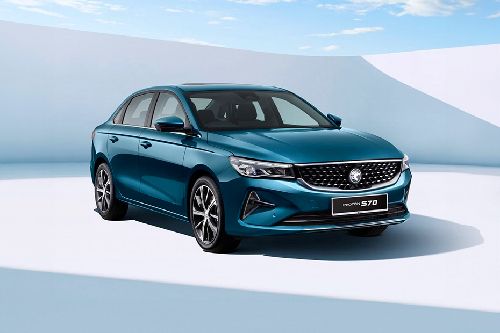
|
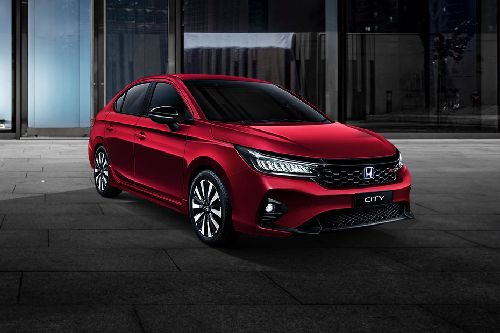
|
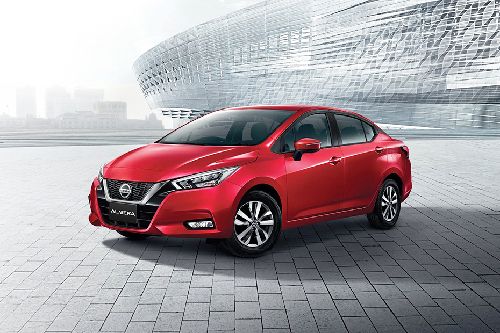
|
|
Seating Capacity
5
|
5
|
5
|
|
Engine
1499
|
1498
|
999
|
|
Power
148
|
119
|
99
|
|
Transmission Type
Dual Clutch
|
CVT
|
CVT
|
|
|
Trending Sedan
- Latest
- Upcoming
- Popular

